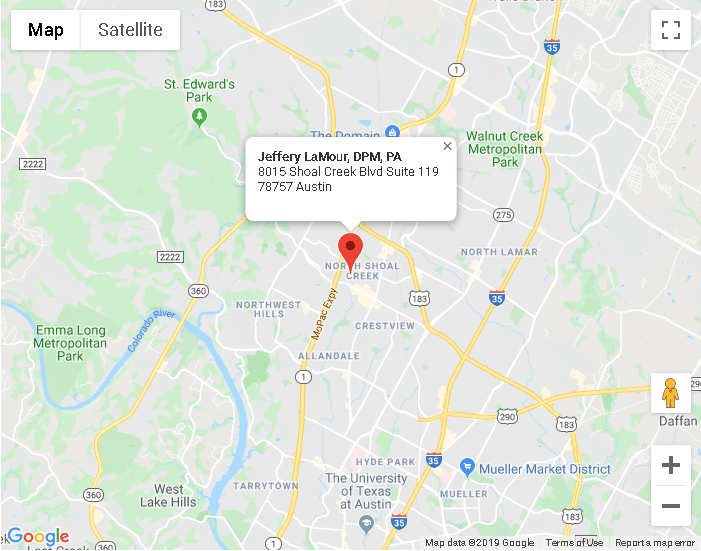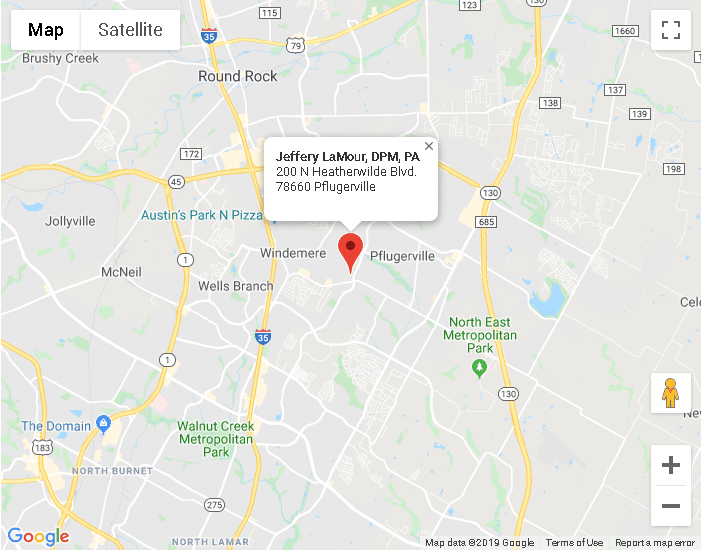What to Do When A Gout Attack Strikes
Now that the holiday season is in full swing, the added stress and non-gout-friendly foods that are characteristic of the season can increase your chances of having a gout flare. Even if it’s been years since your last flare, you may still be at risk for the painful discomfort that a gout flare can produce. But if you know what to do when a flare occurs, you’ll be in a much better position to manage your symptoms and ease your suffering!
Why Gout Flares Happen
A gout flare occurs when a person with higher than normal levels of uric acid in the body has a buildup of uric acid around a joint – most commonly, the big toe joint. Crystals form in the joint, causing pain, tenderness, and inflammation. Some of the most common factors that can increase uric acid levels and make a gout attack more likely, include:
- alcohol,
- high-fat or high-purine foods,
- stress, and
- some medications.
Some people with gout have reported a burning, itching, or tingling feeling in a joint a few hours prior to a gout flare-up. There may also be stiffness or soreness in the big toe joint. Soon after, the telltale signs of gout appear – redness, swelling, and severe pain, usually in the big toe. Sometimes, there are no early warning signs of a gout attack. Many gout sufferers are simply woken up in the middle of the night with a painful, inflamed big toe joint.
How to Treat A Gout Flare
There are a number of ways to get relief from a painful gout attack and reduce the amount of time that a gout attack lasts, including:
- Ditch footwear – Socks and shoes can be unbearably painful during a gout flare, so keep the foot and lower part of the leg bare to reduce added pain.
- Rest – Avoid activity or walking around during a flare. Lie down and elevate the joint on a pillow or other soft object.
- Try ice packs / cold compresses – To reduce inflammation and ease pain, apply an ice pack or cold compress to the joint for 20 to 30 minutes several times a day.
- Avoid high-purine foods and alcohol – High-purine foods (e.g., some seafood, organ meats, and fatty foods) and alcoholic beverages (especially beer) can aggravate a gout attack, so avoid them completely.
- Drink plenty of water – Drinking enough water can help flush the uric acid crystals out of your body.
- Try OTC pain meds – non-steroidal anti-inflammatory drugs (NSAIDs) can be taken to help alleviate gout pain.
- Wait it out – Most gout attacks will go away within a few days. Sometimes a little rest and patience is all that’s needed to get relief.
- Talk with your doctor – If you feel like your gout is not under control, be sure to talk to your healthcare professional about ways to reduce gout attacks. Your doctor may even recommend gout-specific medications to prevent future gout flares.
Are you struggling to keep your gout under control? Don’t let painful gout flares keep you awake at night. Contact us today for an appointment and let us help you get the relief you need!





Leave a Reply
Want to join the discussion?Feel free to contribute!